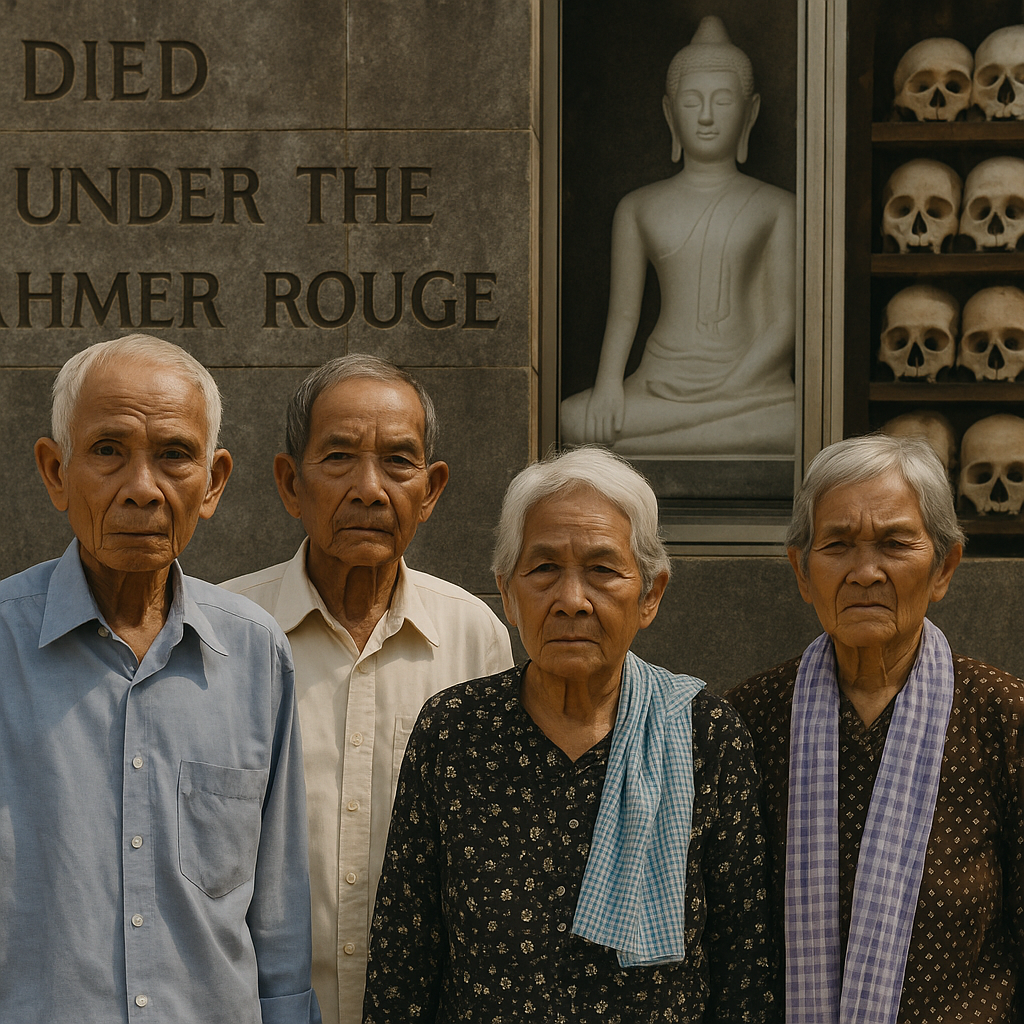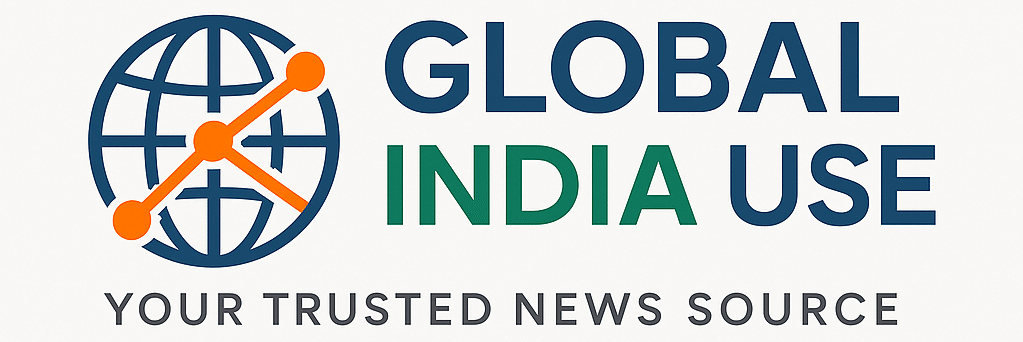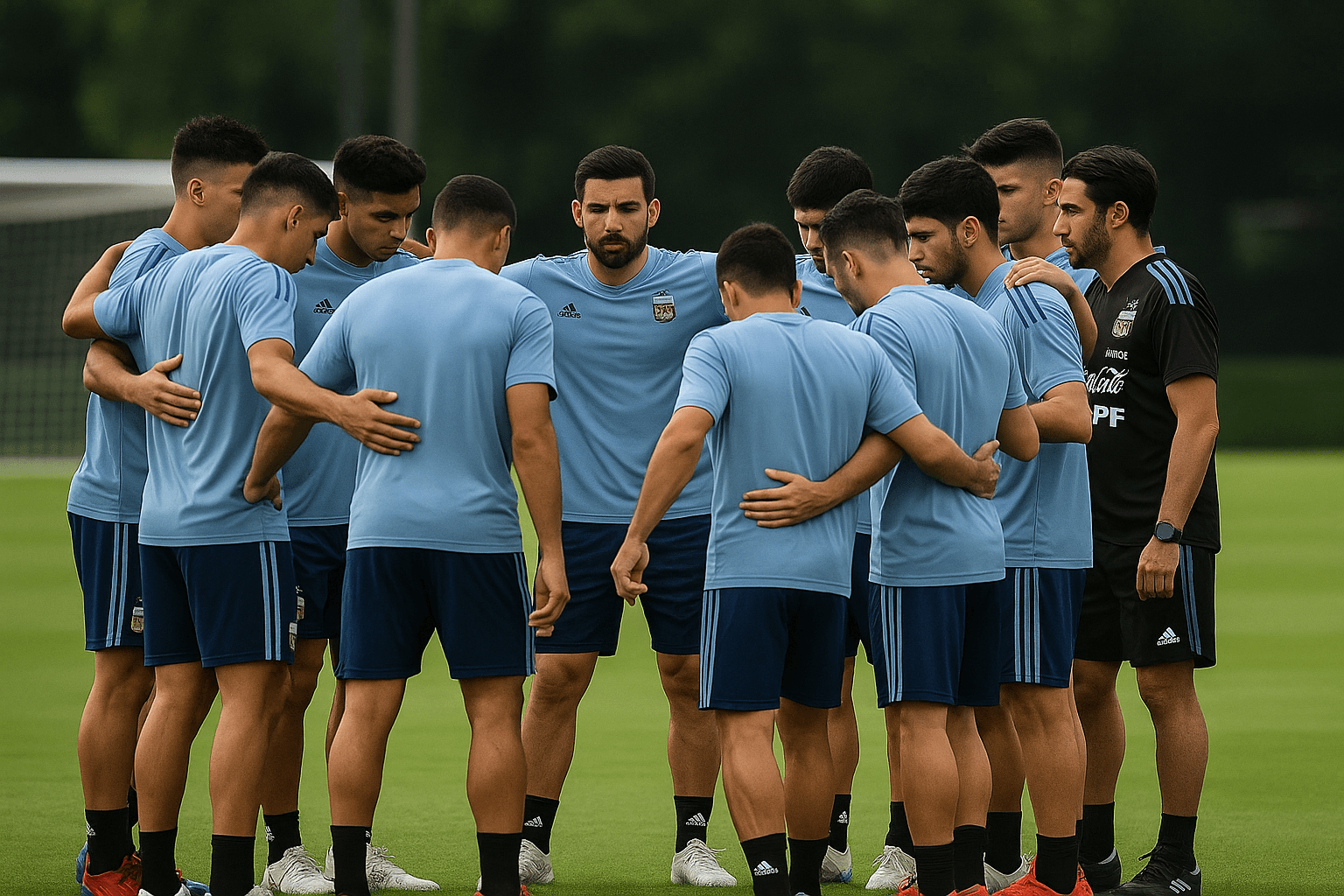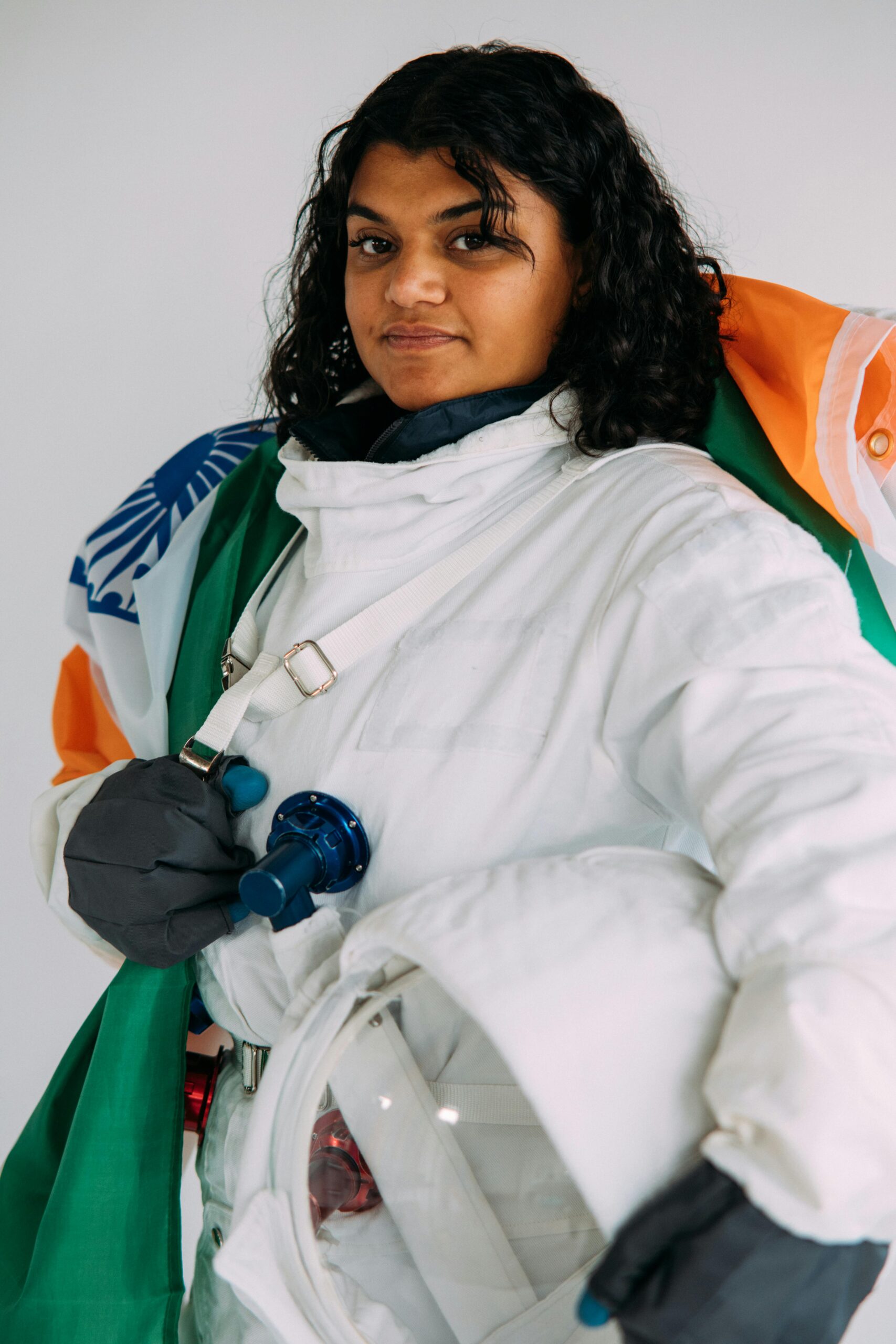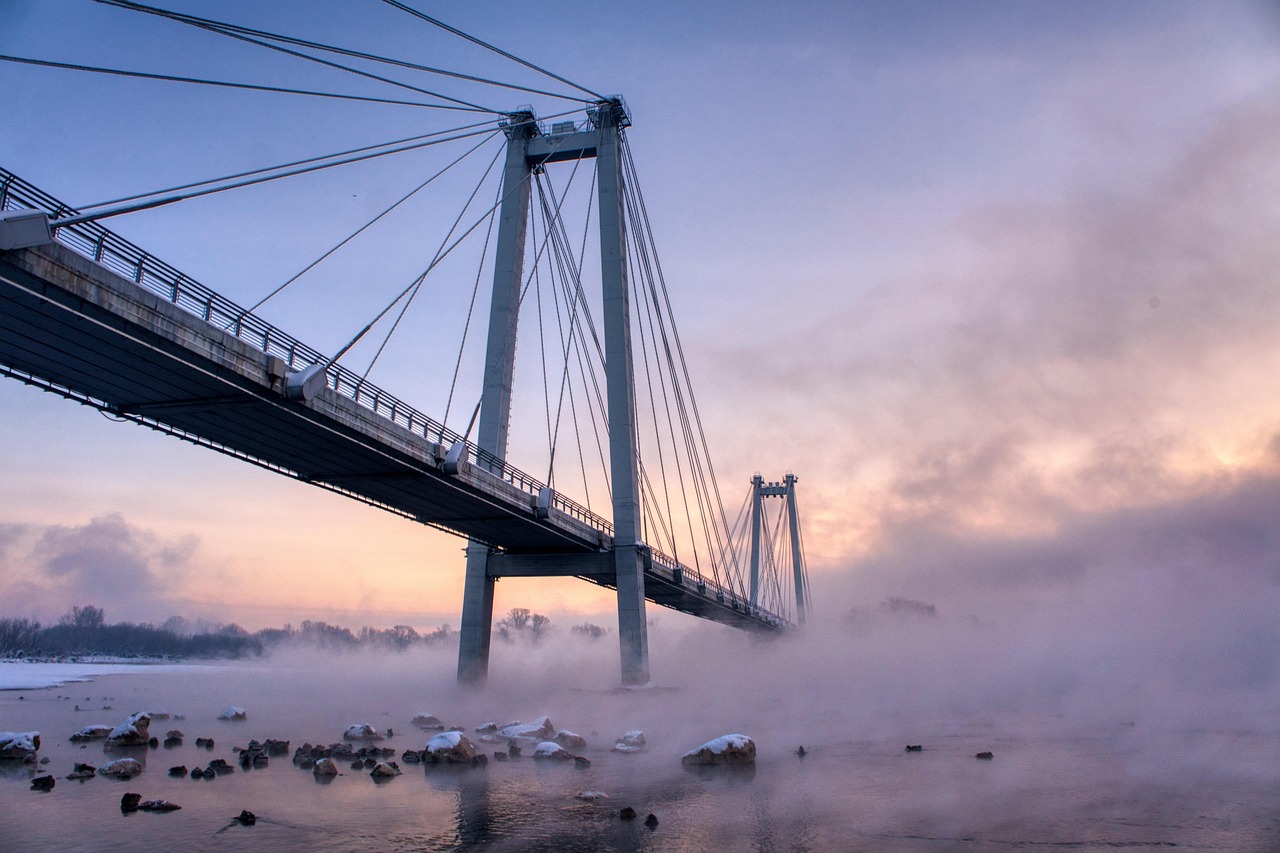Cambodia’s Genocide Survivors Say UNESCO Recognition Comes Decades Late — But Means Everything
It was a short announcement — no music, no ceremony. Just a few lines from UNESCO confirming what survivors have waited over 40 years to hear: the Cambodia genocide site where thousands were tortured and killed during the Khmer Rouge era is now officially recognized as a World Heritage Site.
For many, the news came quietly. But inside homes across the country, tears were shed. Not because the pain is gone — but because someone, finally, acknowledged it.
“Too late for the dead. But not too late for the truth,” said Sitha, 69, who lost her sister at one of the camps now protected under the new listing.
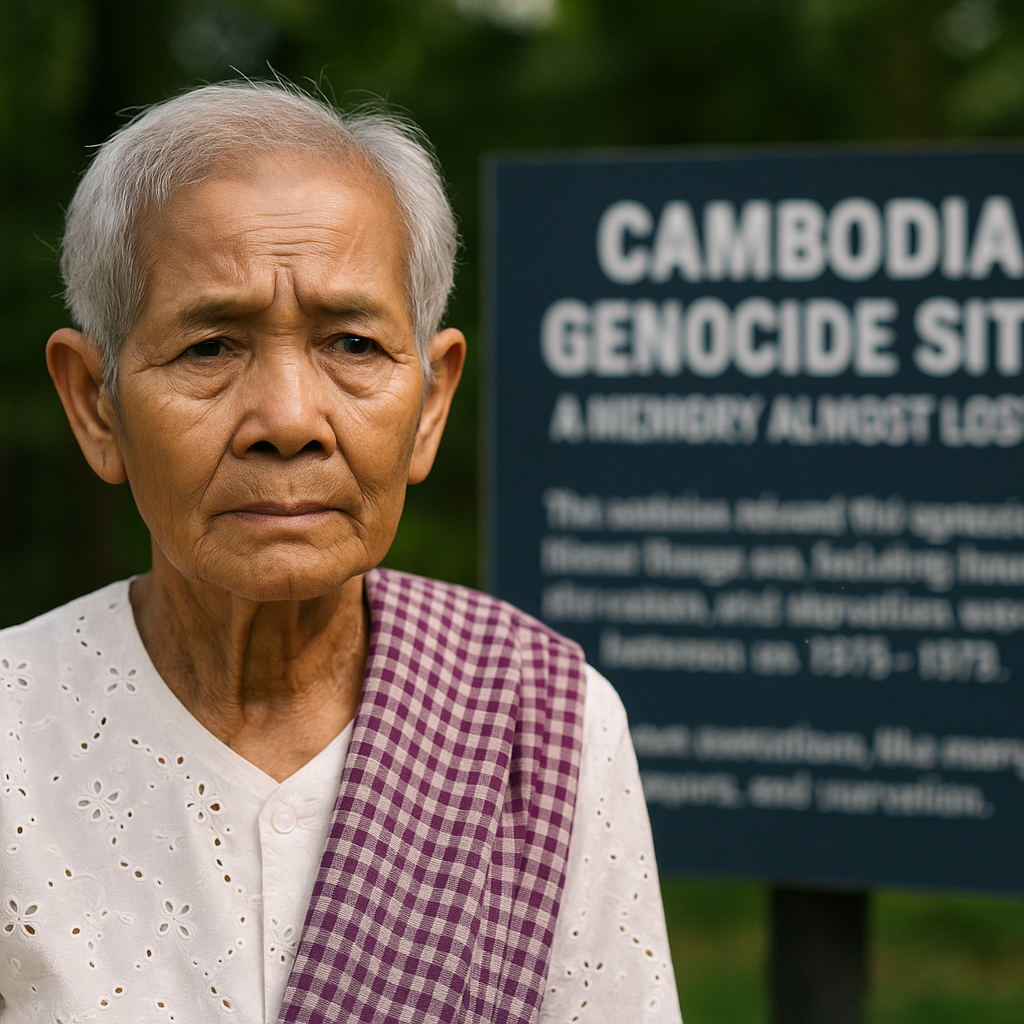
Cambodia Genocide Site: A Memory Almost Lost but Not Forgotten
From 1975 to 1979, Cambodia lost nearly a quarter of its population to mass executions, starvation, and forced labor. Families vanished. Names disappeared. Entire villages were wiped out.
The world watched briefly. Then moved on.
Survivors were left with stories too painful to repeat and too dangerous to share. Many kept their silence for decades. Others never got the chance.
But now, one of those places — where so much horror took place — has been named a site of global significance.
Not Just a Building — The Cambodia Genocide Site That Holds History
There’s nothing glamorous about it. No glossy signs. No café at the entrance. Just crumbling walls, old photographs, worn floors. But ask any survivor, and they’ll tell you it’s sacred.
It’s where their loved ones screamed. It’s where they lost everything. It’s where memory still breathes.
“This isn’t for tourists,” said Vannak, who was 14 when he escaped one of the prisons. “It’s for us. For our families. For anyone who still thinks it didn’t happen.”
Recognition That Feels Like a Small Kind of Justice
UNESCO’s listing doesn’t bring back the dead. It doesn’t erase what happened. But it does something important: it keeps the story alive.
In a world full of noise, where history gets buried under hashtags and headlines, this designation says, “We will not forget.”
Cambodia’s younger generation will now grow up knowing what their parents were never allowed to say. That matters.
Final Words
You can’t measure pain. You can’t fix history. But you can acknowledge it.
And for the survivors of Cambodia’s genocide, that’s finally happening — even if it took far too long.
May You Like Also
VBitcoin’s Big Moment: What This Week’s All-Time High Really Tells Us
PM Modi’s Bold Plan: India Will Give BRICS a New Shape in 2026
